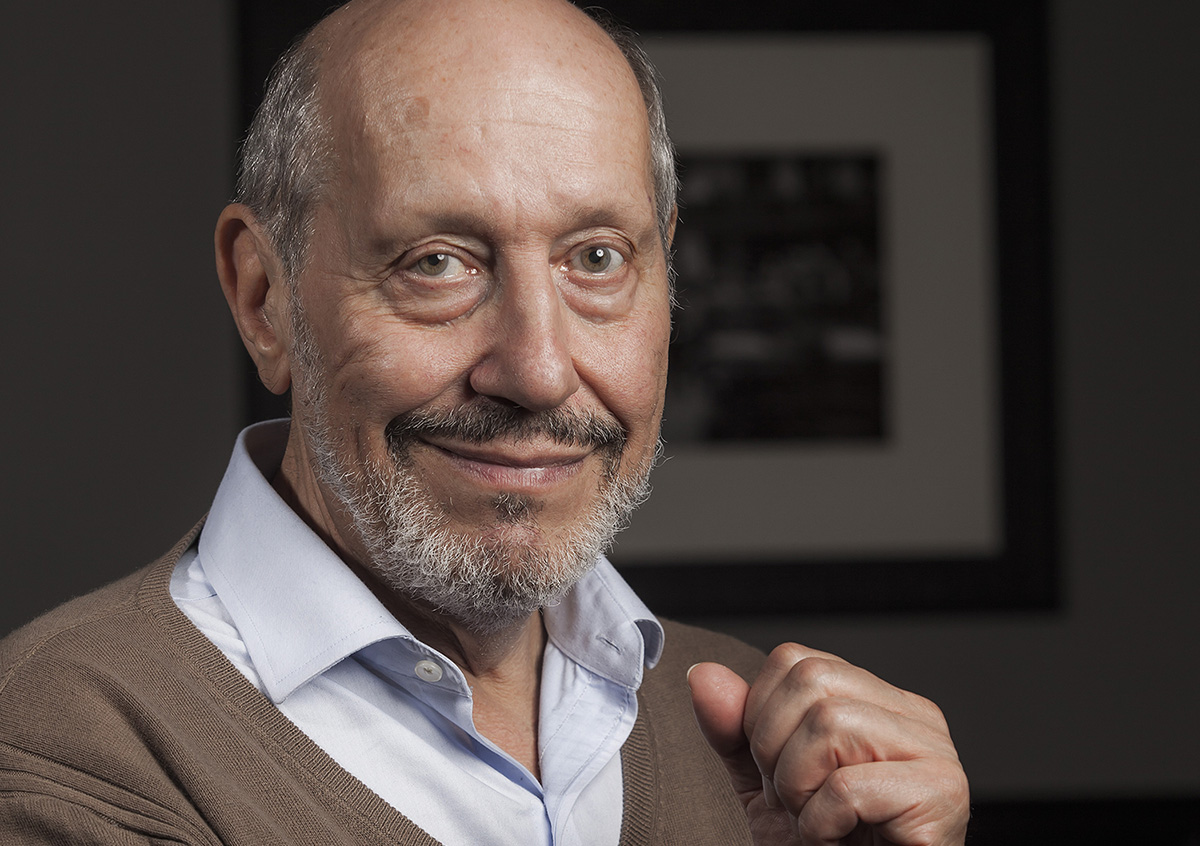

Stroum Lecture Night 1: In What Sense was Spinoza a Revolutionary Thinker?
Sunday, May 21, 2017, 7:00 pm PDT - 8:30 pm PDT
Learn more about Spinoza, and read writing by Jonathan Israel and other Spinoza scholars, at the 2017 Spinoza & Modern Jewish Philosophy Conference website.
The 2017 Stroum Lectures will feature Prof. Jonathan Israel of the Institute for Advanced Study in Princeton.
Jonathan Israel’s recent work focuses on the impact of radical thought (especially Spinoza, Bayle, Diderot, and the eighteenth-century French materialists) on the Enlightenment and on the emergence of modern ideas of democracy, equality, toleration, freedom of the press, and individual freedom. His books include European Jewry in the Age of Mercantilism, 1550–1750 (1985); The Dutch Republic: Its Rise, Greatness, and Fall, 1477–1806 (1995); Radical Enlightenment: Philosophy and the Making of Modernity, 1650–1750 (2001); Enlightenment Contested: Philosophy, Modernity, and the Emancipation of Man 1670–1752 (2006); and A Revolution of the Mind: Radical Enlightenment and the Intellectual Origins of Modern Democracy (2009).
Prof. Israel received his Ph.D. from the University of Oxford in 1972. Prior to the IAS, he taught at the University of Newcastle Upon Tyne, the University of Hull, and University College London. He has been awarded numerous prizes, including the PROSE Award 2015; City of Amsterdam, Frans Banninck Cocq Medal 2012; London Royal Society for the Encouragement of Arts, Manufactures and Commerce, Benjamin Franklin Medal 2010; Royal Netherlands Academy of Arts and Sciences, Dr. A. H. Heineken Prize in History 2008; Knight of the Order of the Dutch Lion 2004; American Historical Association, Leo Gershoy Award 2001; Wolfson Literary Award for History 1986. He is a member of the British Academy and the Royal Netherlands Academy of Arts and Sciences.
In What Sense was Spinoza a Revolutionary Thinker?
In the centuries since his expulsion from the synagogue in 1656, Spinoza has been a notorious figure within the Jewish world, and in the wider Western world as a whole. Spinoza is seen as the very embodiment of irreligion, of the rejection of religious authority, and of skepticism about the Hebrew Bible as divine revelation. As several key passages of his writings make clear, however, his principal aim was not to spread irreligious attitudes, but rather to promote “freedom” and to fight political tyranny, especially tyranny in the form of great monarchical empires, like those of Philip II of Spain and Louis XIV of France, which operated in close alliance with religious authority.
Spinoza was a revolutionary in his attempt to undermine political tyranny in alliance with institutionalized religion and philosophy in alliance with theology, and in his efforts to move the intellectually aware toward the view that the democratic republic guaranteeing individual freedom is the best, safest and freest form of government. In this respect, Spinoza can be described as the greatest Jewish “revolutionary” before Karl Marx.
Following Prof. Israel’s first Stroum Lecture, the Stroum Center will host a kosher reception in the Walker Ames Room of Kane Hall.
This year’s Stroum Lectures will take place in conjunction with the international conference on “Spinoza and Modern Jewish Philosophy,” taking place at the UW on May 21-22, 2017. Learn more about the conference, which has been organized by Prof. Michael Rosenthal, the Samuel and Althea Stroum Chair in Jewish Studies and professor in the Department of Philosophy.
Related Events:
- Stroum Lecture Night 2, May 23, 2017: “Eighteenth-Century Jewish Emancipation: a Consequence of the Radical Enlightenment?” featuring Prof. Jonathan Israel
- Spinoza and Modern Jewish Philosophy Conference, May 21-22, 2017: Hosted by the Stroum Center for Jewish Studies at the University of Washington
Related Links:
- Stroum Lecture Digital Archive – watch lectures from previous years by scholars such as Ruth Behar, Jonathan Sarna, and Yael Zerubavel
- Stroum Lectures at the University of Washington Press – browse titles that emerged from previous years’ Stroum Lectures, including Yosef Haim Yerushalmi’s Zakhor: Jewish History and Jewish Memory and Ilana Pardes’ Agnon’s Moonstruck Lovers: The Song of Songs in Israel Culture.
